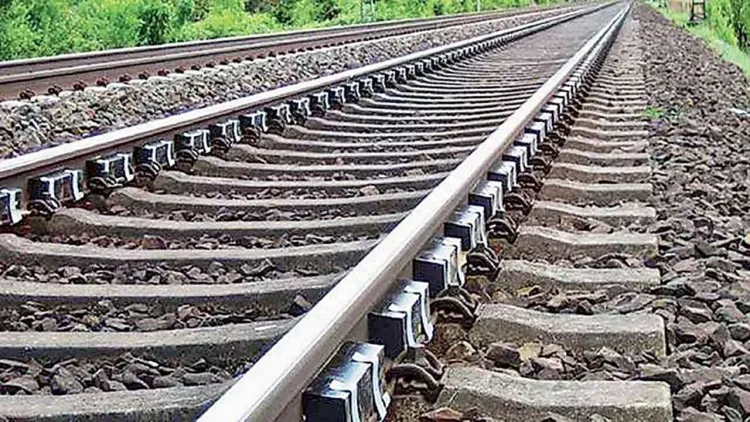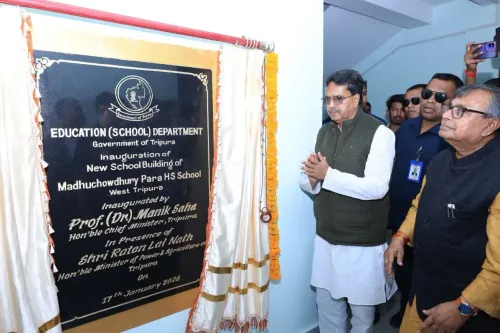What railway projects worth Rs 11,169 crore has the Cabinet approved?

Synopsis
Key Takeaways
- Investment of Rs 11,169 crore approved for railway projects.
- Projects will enhance connectivity across 13 districts.
- Expected to increase freight capacity by 95.91 million tonnes per annum.
- Will connect around 2,309 villages, benefiting millions.
- Aligns with PM-Gati Shakti National Master Plan.
New Delhi, July 31 (NationPress) The Cabinet Committee on Economic Affairs, led by Prime Minister Narendra Modi, has recently given the green light to four multi-tracking railway initiatives amounting to a total investment of Rs 11,169 crore, as stated in an official cabinet announcement.
The approved projects include the Itarsi-Nagpur 4th Line, Aurangabad (Chhatrapati Sambhajinagar)-Parbhani Doubling, Aluabari Road-New Jalpaiguri 3rd and 4th Line, and the Dangoaposi-Jaroli 3rd and 4th Line.
Spanning 13 districts across Maharashtra, Madhya Pradesh, West Bengal, Bihar, Odisha, and Jharkhand, these projects will extend the Indian Railways network by 574 km.
This expansion will drastically improve mobility, leading to enhanced operational efficiency and reliability for Indian Railways. The new multi-tracking systems will connect approximately 2,309 villages with a combined population of around 43.60 lakh.
These vital routes are crucial for transporting essential goods such as coal, cement, clinker, gypsum, fly ash, containers, agricultural products, and petroleum items. The capacity enhancements are projected to facilitate an additional freight volume of 95.91 million tonnes per annum, according to the statement.
"These multi-tracking initiatives will optimize operations and reduce congestion. The projects align with Prime Minister Narendra Modi's vision of a New India, empowering local populations by fostering comprehensive development that boosts job and self-employment opportunities," the announcement highlighted.
These projects are rooted in the PM-Gati Shakti National Master Plan, emphasizing the improvement of multi-modal connectivity and logistical efficiency via integrated planning and stakeholder involvement. The initiatives aim to offer seamless connectivity for the movement of individuals, goods, and services.
The railways, recognized as an environmentally friendly and energy-efficient transport mode, will contribute significantly towards meeting climate objectives, reducing logistics costs, cutting down oil imports (by 16 crore litres), and lowering CO2 emissions (by 515 crore kg), equivalent to planting 20 crore trees, as stated.










